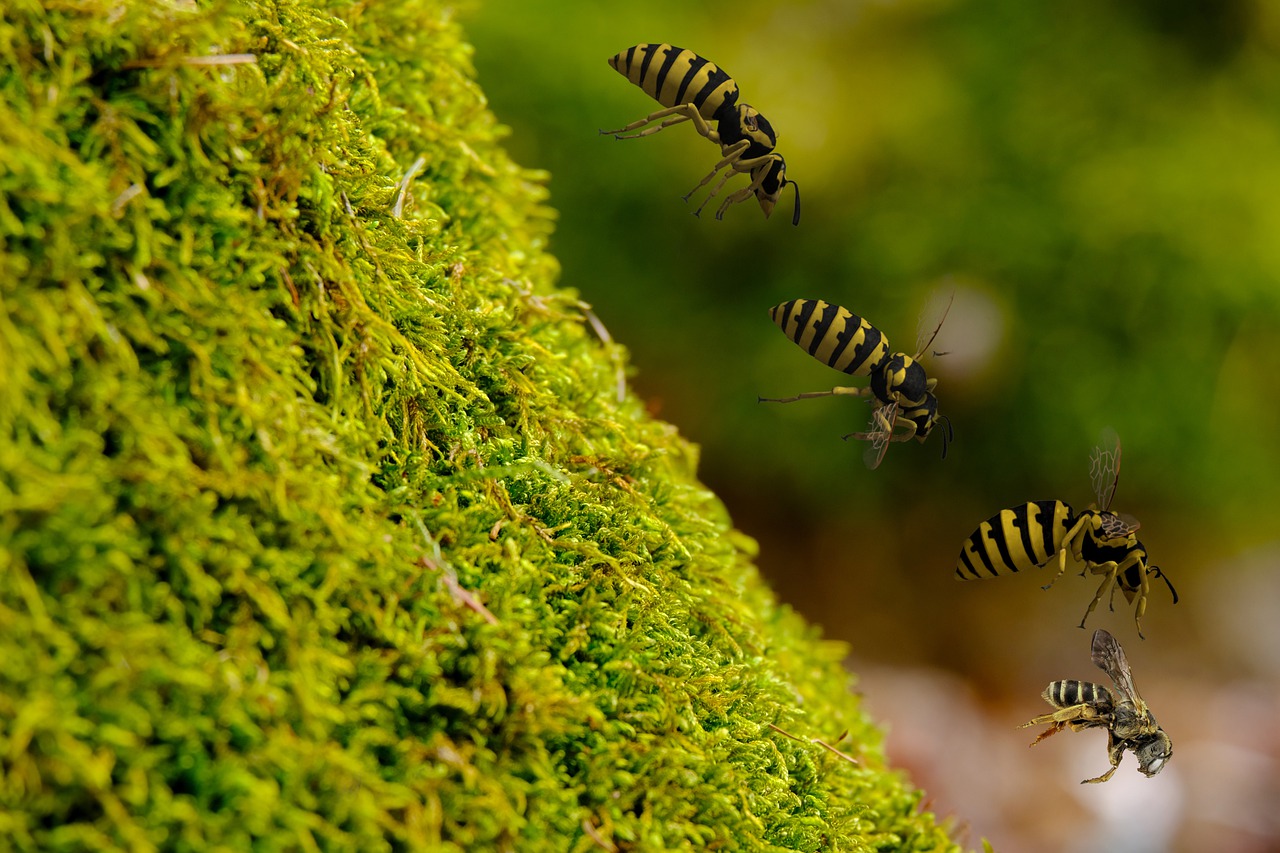People often ask us if you can die from a wasp sting so we wanted to address this question and provide some information around this. The short answer is yes, however don't panic just yet. It is estimated that every year in the UK there are 2–9 deaths due to anaphylaxis from a wasp or bee sting.
For the vast majority of people, being stung by one wasp isn't normally dangerous. The sting might be painful and itchy but its only lasts a couple of days after which the pain and swelling reduces. The wasp's venom contains proteins and enzymes. For most people this cause minimal allergic reactions. Because the body tries to defend itself against the venom, it burns, itches and hurts at the sting location. However, it only becomes life-threatening if you are stabbed significantly more than 100 times. With children 50 pricks or more are dangerous. But how likely is it that a whole swarm will attack? Experts give the all-clear: an entire colony of up to 100 wasps will never sting. A maximum of 30 percent of the animals use their sting, the rest only buzz around as a threat. And the remaining third remains in the nest as a reserve. However it does depend on where the wasp stings you.
Wasp sting are particularly dangerous if they result in swelling of the oropharynx. The neck, face and mouth are some of the most sensitive parts of the body so getting stung there is not only super painful, but can also be dangerous. Severe swelling can also occur in non-allergy sufferers. Being stung here can result in breathing difficulty which is not good! A sting on the thigh or hand is typically less serious.
However for allergy sufferers, even a single sting can quickly become life-threatening. Its especially important to pay close attention to the reactions of a young childs body as the allergy might not yet have been diagnosed.
Yes. Even dead wasps can sting you. As long as rigor mortis has not yet set in, contact with the wasps stinger can trigger nerve reflexes that squeeze the last of the poison out of the sting. So stay away from motionless wasps!
Source: NHS
Source: NHS
